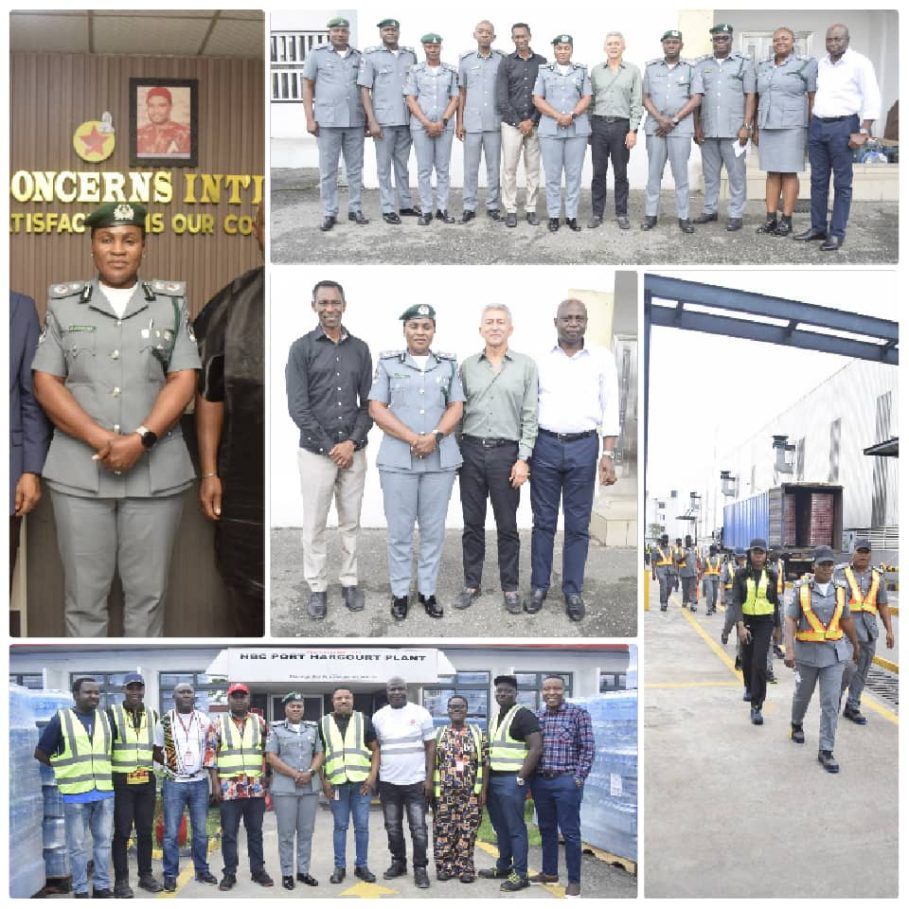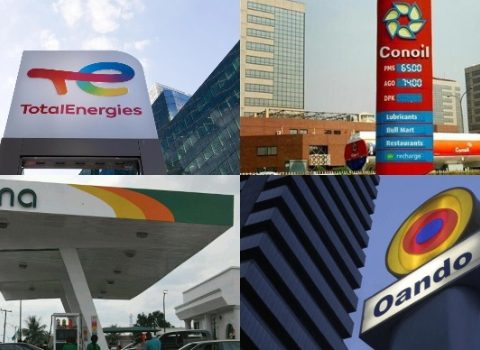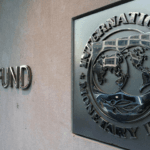The International Chamber of Shipping (ICS) regrets failure of its members to reach a consensus on global carbon pricing mechanism that would have helped the industry attain its net-zero emission goals.
The International Maritime Organization’s (IMO) Extraordinary Session of Marine Environment Protection Committee (MEPC) meeting held in London discussed the Net-Zero Framework for the shipping industry but failed to reach an agreement.
Join our WhatsApp ChannelThe framework would have created the first global carbon pricing mechanism for any industrial sector with the aim of delivering a clear path for shipping’s transition to net zero.
But Thomas A. Kazakos, ICS Secretary General, in a ssigned statement he made available to Prime Business Africa said: “We are disappointed that member states have not been able to agree a way forward at this meeting. Industry needs clarity to be able to make the investments needed to decarbonise the maritime sector, in line with the goals set out in the IMO GHG strategy.
“As an industry we will continue to work with the IMO, which is the best organisation to deliver the global regulations needed for a global industry.”
READ ALSO: Nigerian Shipowners Partner NNPC On Vessel Purchase For Maritime Industry Revitalization
Ibom Deep Sea Port And Nigeria’s Maritime Economy
Prime Business Africa reports that delegates at the Marine Environment Protection Committee’s extraordinary session in London voted to adjourn for 12 months after failing to reach consensus or call a vote on the draft amendments to MARPOL Annex VI, which include the key elements of the framework.
This decision means that the adoption of the IMO Net-Zero Framework cannot come ealier than late 2026 and this complicates the timeline for meeting the organisation’s greenhouse gas (GHG) reduction strategy originally agreed in 2023.
Recall that the framework—approved in principle at MEPC 83 in April 2025— had set out a global fuel standard and an emissions pricing mechanism, which together would form the backbone of international shipping’s path to net zero by 2050.
While the main negotiations have been adjourned, the Intersessional Working Group on GHG Emissions Reduction from Ships, due to meet from October 20 to 24, will continue work on developing implementation guidelines in the meantime.
Meanwhile industry experts, including the Global Maritime Forum and Jesse Fahnestock, the Forum’s director of decarbonisation, have expressed broad disappointment and warned that the year-long adjournment risks slowing investment and undermining momentum toward shipping’s decarbonisation goals.
For the Global Maritime Forum, the adjournment is “a serious setback,” while Fahnestock said “Today’s adjournment is disappointing but not the end of the journey.”
“Delaying for a full year makes delivery of the sector’s decarbonisation targets even more challenging,” he added, urging member states that supported the framework in April to “reconfirm their commitment to multilateralism and continue the urgent work of developing guidelines and adopting a regulatory framework that can deliver on the IMO’s unanimously agreed GHG strategy.”
- Editor
- Editor
- Editor
- Editor
- Editor













